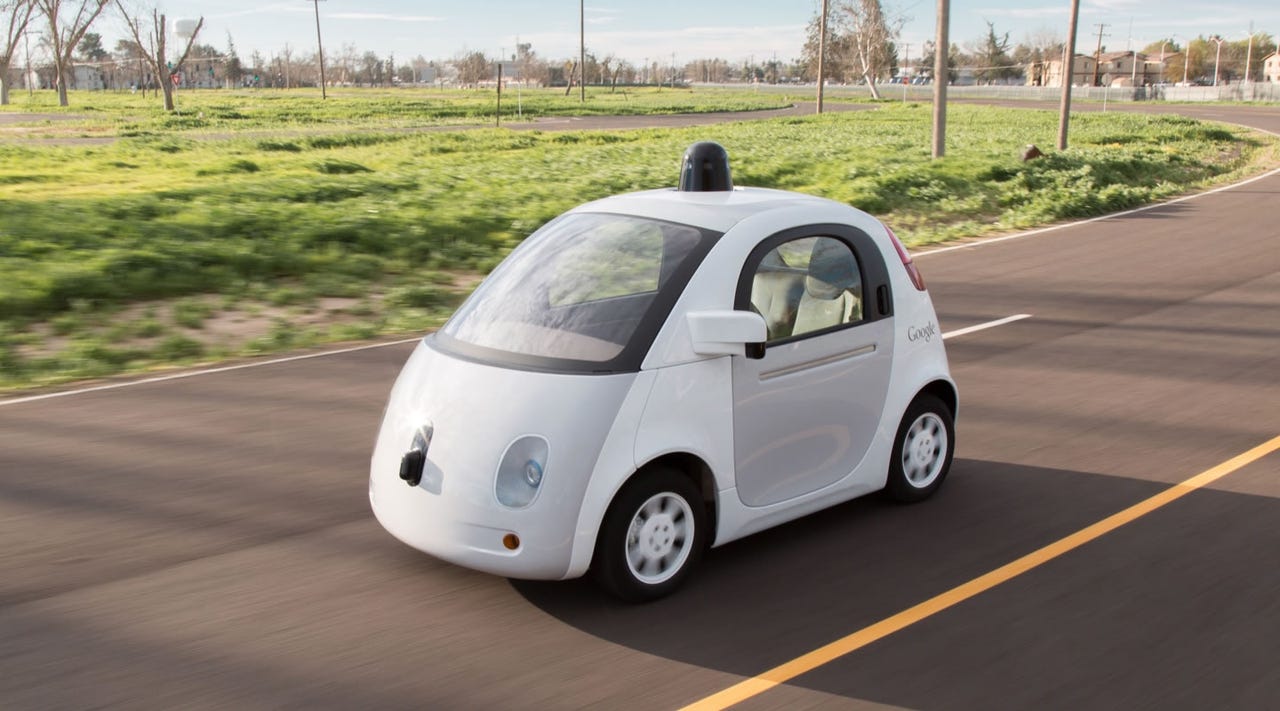NHTSA chief takes conservative view on autonomous vehicles


Robotics
Autonomous and semi-autonomous cars are coming, but the expected benefits will take longer than most think to come to fruition. That's according to Mark Rosekind, administrator of the National Highway Traffic Safety Administration and the nation's chief auto safety official.
"Right now, we really don't know what the future is," Rosekind told a crowd of about 250 at an MIT forum this week. "There's this image we'll be taking naps and doing crossword puzzles."
But Rosekind says that's still a long ways off. "I think we need a huge amount of data. If you had perfect, connected autonomous vehicles on the road tomorrow, it would still take 20 to 30 years to turn over the fleet."
That's a little discussed piece of the autonomous vehicle puzzle. A car with some autonomy is likely to be safer than a human-piloted car for the passengers of that vehicle, but to see substantial reductions in traffic and accidents on highways, the two big promises of autonomous vehicles, a substantial portion of the national fleet will need to be replaced. Autonomous technology is likely to hold a beachhead with high end consumers before filtering down to dad's minivan.
NHTSA is also playing a longterm game with regards connected vehicles. The cars of the future will have to do more than just drive themselves. They'll have to talk to each other and to the roadside.
So-called Vehicle-to-Vehicle and Vehicle-to-Infrastructure technology, which is being rolled out in DOT testbeds now, will allow cars to transmit and receive realtime updates about road conditions and traffic irregularities from distributed sensors on the road and in other vehicles--information that intelligent cars will use to make safe decisions.
A system like that only works if a sizable portion of the national fleet is equipped with connected vehicle technology. The 20 to 30 years Rosekind referred to is the typical estimate of how long it will take most of today's new cars to be retired from regular service.
Of course that timeline only stands if starting tomorrow every new car is equipped with V2V and V2I communications, which won't be the case. We're still in the early testing phase, and as Rosekind pointed out in the forum, there are plenty of issues that still need to be resolved, some of which concern data privacy and security from hackers.
As to what the deployment of this technology will actually look like, Rosekind doesn't really know. Some think fully autonomous vehicles, such as Google's car, will start hitting roads soon, but others predict that autonomy will show up incrementally in vehicles as the concept gains marketing steam.
"Folks tend to separate this into two views," Rosekind said. "I don't think we know yet."